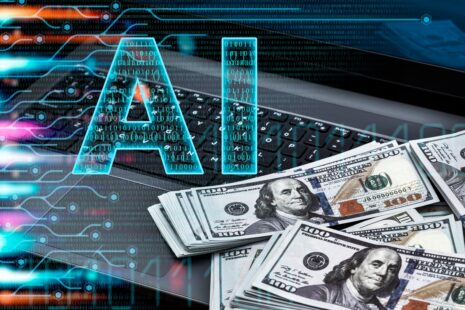AI has become a game-changer in marketing, offering tools and techniques that significantly enhance efficiency, targeting, and ROI. Its effectiveness stems from its ability to analyze massive amounts of data, automate tasks, and provide personalized customer experiences.
Benefits of AI in Marketing
Enhanced Customer Insights
AI analyzes large datasets to uncover consumer behaviors, preferences, and trends. This enables businesses to understand their audience more deeply and tailor campaigns accordingly.
- Effectiveness – Marketers using AI-driven insights report higher engagement and conversion rates.
- Example – AI tools like Google Analytics 4 help track user interactions across platforms, offering actionable insights.
Personalization at Scale
AI enables hyper-personalized marketing by delivering tailored messages to individual consumers based on their preferences and behaviors.
- Effectiveness – Personalized campaigns often outperform generic ones, with personalized emails generating 6x higher transaction rates.
- Example – E-commerce brands like Amazon use AI to recommend products, driving significant revenue growth.
Automated Marketing Processes
AI tools automate repetitive tasks such as email marketing, social media posting, and ad optimization.
- Effectiveness – Automation reduces time spent on manual tasks, allowing marketers to focus on strategy and creativity.
- Example – Platforms like HubSpot and Mailchimp use AI to schedule emails and segment audiences.
Improved Ad Targeting
AI optimizes ad placements by analyzing data in real-time, ensuring ads reach the right audience at the right time.
- Effectiveness – Programmatic advertising powered by AI improves ROI by up to 30%, according to industry studies.
- Example – Facebook Ads and Google Ads utilize AI to refine targeting and bidding strategies.
Real-Time Decision-Making
AI processes data in real-time, enabling marketers to make quick adjustments to campaigns for optimal performance.
- Effectiveness – Dynamic, real-time marketing boosts engagement and helps capture fleeting consumer interest.
- Example – AI-driven tools like Optimizely adapts website content based on user behavior.
Metrics Proving AI’s Effectiveness
- Increased Revenue – Businesses adopting AI in marketing see an average revenue increase of 40%, according to McKinsey.
- Time Savings – AI can reduce marketing campaign design and implementation times by 50%.
- Customer Retention – AI-powered personalization can improve customer retention rates by up to 25%.
Challenges and Limitations
Despite its effectiveness, AI in marketing has some challenges…
- Data Privacy Concerns – Overuse of customer data may lead to trust issues or regulatory penalties.
- Bias in Algorithms – AI systems can inherit biases from training data, leading to unfair targeting.
- Lack of Creativity – While AI can generate content, it lacks the emotional depth and creativity of human marketers.
AI is highly effective in marketing, offering unparalleled efficiency, accuracy, and personalization. Yet, it works best when combined with human creativity and ethical oversight. Businesses that leverage AI strategically are likely to see significant gains in engagement, revenue, and customer satisfaction.




